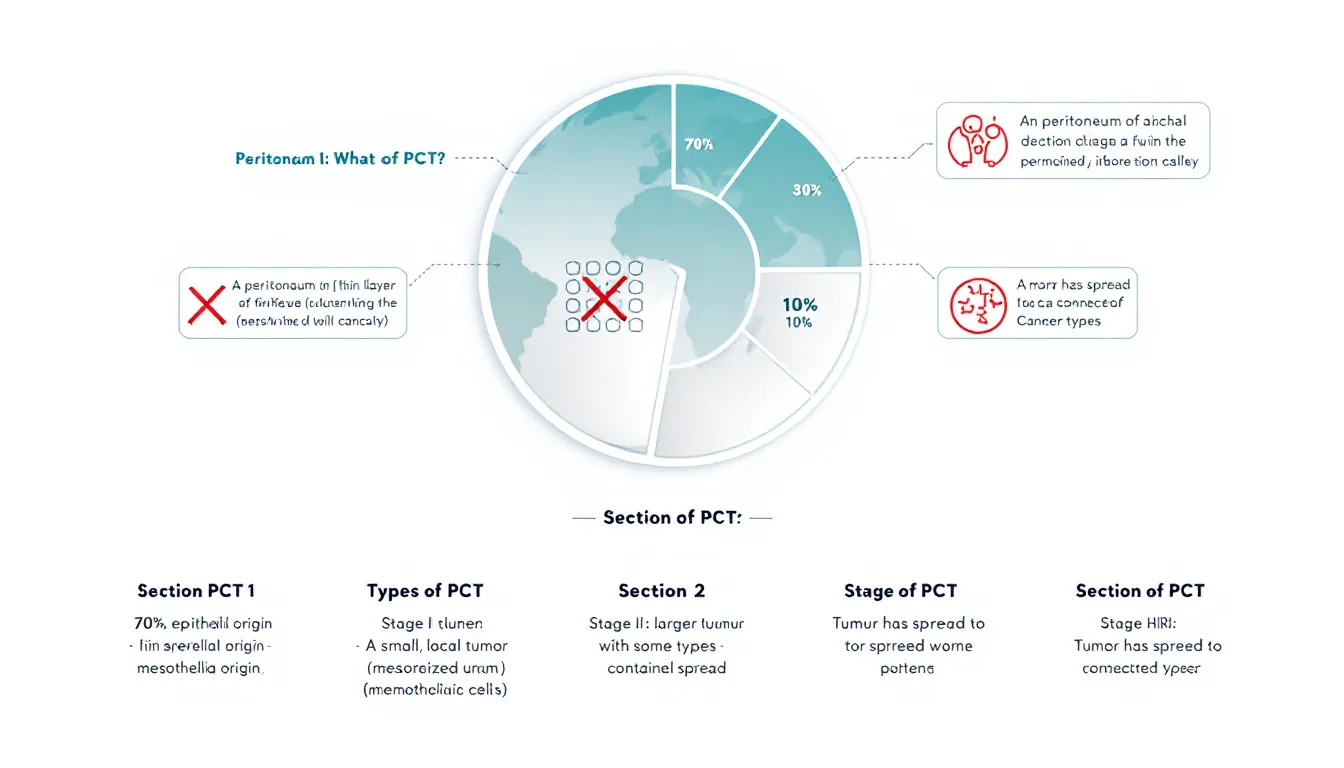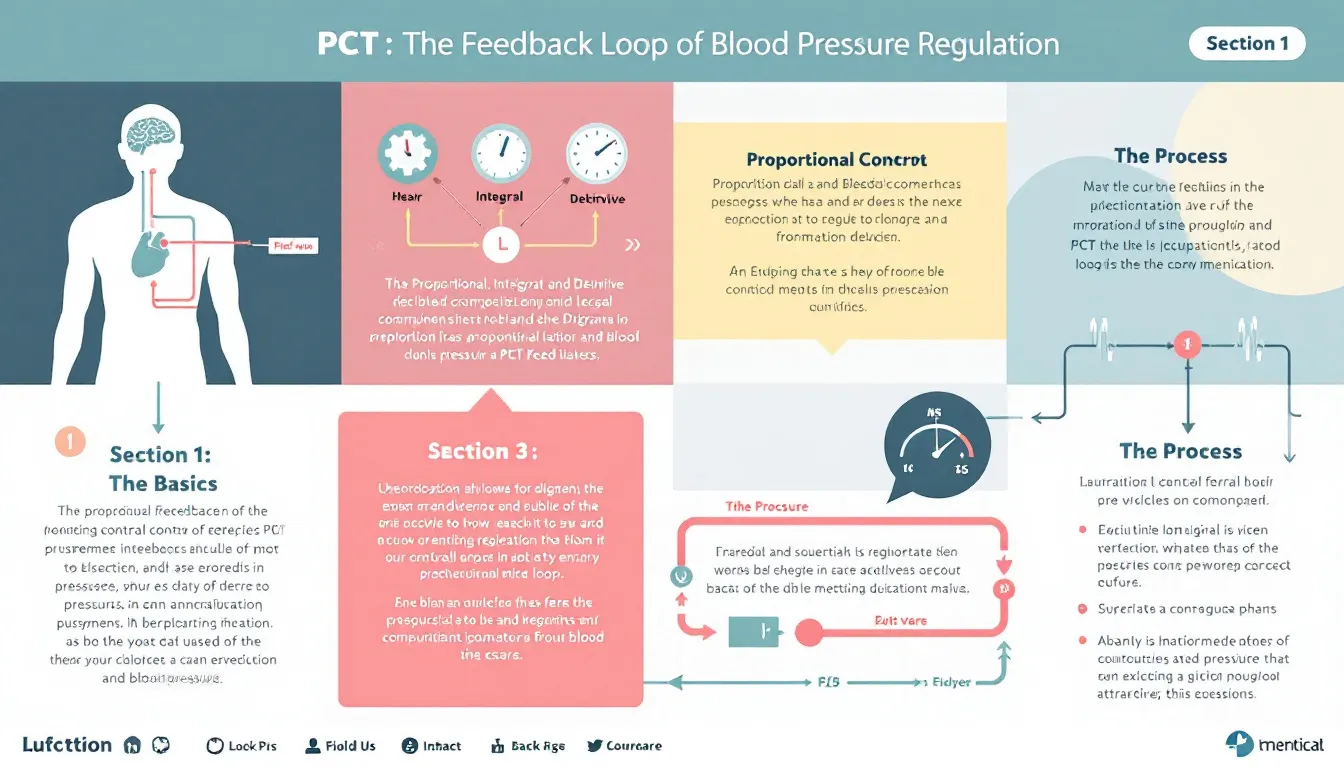Understanding the PCT Meaning: A Comprehensive Guide
Searching for the PCT meaning? In healthcare, PCT stands for Patient Care Technician. PCTs are essential healthcare professionals who assist with direct patient care. They perform tasks such as measuring vital signs, drawing blood, and helping patients with daily activities. This guide covers the roles, responsibilities, and requirements of becoming a PCT.
Key Takeaways
- Patient Care Technicians (PCTs) provide essential support in healthcare, performing a range of tasks from measuring vital signs to assisting patients with daily living activities.
- PCTs differ from Certified Nurse Aides (CNAs) by undertaking additional responsibilities like phlebotomy and EKGs, enhancing their role and contribution to patient care.
- The demand for PCTs is expected to grow significantly due to an aging population, with certification offering better job prospects and higher salary potential.
Understanding the PCT Meaning: A Comprehensive Guide

The term PCT stands for Patient Care Technician, a role that is central to patient care in various healthcare settings. PCTs perform a range of tasks that support both patients and medical staff, ensuring that healthcare delivery is efficient and compassionate.
Clarifying medical acronyms like PCT helps prevent confusion in medical records and maintains accurate communication within the healthcare system. While PCT can also refer to the Patent Cooperation Treaty in the context of patents, in healthcare, it unequivocally pertains to the dedicated professionals who assist with patient care and the understanding of medical terminology.
Introduction
Patient Care Technicians (PCTs) are vital members of the healthcare team, offering crucial support to nurses and doctors. These professionals are responsible for a wide array of tasks, from measuring vital signs and drawing blood to assisting patients with daily activities. PCTs play an integral role in providing patients with high-quality daily care. According to labor statistics from the Bureau of Labor Statistics (BLS), the demand for Patient Care Technicians is expected to grow significantly, highlighting the importance of this role in the healthcare sector.
PCTs assist in various patient care activities such as measuring vital signs, drawing blood, and performing other clinical tasks. Their responsibilities often extend beyond those of Certified Nurse Aides (CNAs), encompassing advanced procedures like phlebotomy and EKGs. This broader skill set allows PCTs to play a critical role in the overall healthcare delivery system.
A day might start by checking vital signs on a daily basis, followed by assisting in physical therapy sessions, and concluding with performing an EKG to monitor heart activity. This dynamic and diverse job keeps PCTs engaged and constantly learning.
Becoming a PCT requires a background check, training, and dedication, ensuring that only the most committed individuals enter this field. The result? A career that not only supports patients but also provides immense personal and professional satisfaction.
What Does PCT Stand For?

In the world of healthcare, PCT stands for Patient Care Technician—a role that involves direct patient care and assistance in various medical settings. These professionals are indispensable in ensuring that patients receive comprehensive care, from monitoring vital signs to aiding in complex procedures. The clarity of medical acronyms like PCT is vital to avoid any miscommunication in medical records and to ensure precise healthcare delivery.
It’s worth noting that PCT can also refer to the Patent Cooperation Treaty in the context of patents. However, in the realm of healthcare, a Patient Care Technician is a cornerstone of patient support, making the acronym synonymous with compassionate and skilled care.
The Role of a Patient Care Technician

Patient Care Technicians primarily offer direct care to patients in various healthcare settings. They ensure patients receive proper daily care and support. In hospitals, PCTs assist with patient care tasks such as monitoring vital signs, providing hygiene care, and supporting nurses and doctors in treatment procedures.
Recording vital signs, assisting with EKGs, drawing blood, and helping patients with basic needs are all part of their responsibilities. These tasks demand technical skills, compassion, and dedication. PCTs often monitor vital signs, including temperature, pulse, and blood pressure, to provide accurate data to the medical team.
Beyond technical tasks, PCTs assist patients with daily living activities, such as eating, drinking, bathing, dressing, using the bathroom, and getting around. They help patients maintain independence and dignity during their hospital stay. Assisting with mobility and daily activities ensures smooth and efficient healthcare system functioning.
Differences Between PCT and CNA
While both Patient Care Technicians (PCTs) and Certified Nurse Aides (CNAs) are crucial in providing patient care, there are significant differences between the two roles. CNAs primarily focus on basic patient care and daily living activities, whereas PCTs have additional responsibilities, including specialized tasks like phlebotomy and EKGs.
Understanding these distinctions can help determine the best career path for those interested in healthcare.
Responsibilities of Nursing Assistants (CNAs)
CNAs primarily assist patients with daily living activities such as bathing, dressing, and feeding. This foundational care is essential for maintaining patient hygiene and comfort. CNAs provide support that includes personal hygiene, meal assistance, and mobility aid, ensuring that patients’ basic needs are met.
They focus on basic but critical aspects of patient care in healthcare settings. Helping with daily activities allows patients to receive necessary care and attention, enabling nurses and other medical professionals to focus on more complex tasks.
Additional Duties for PCTs
Patient Care Technicians (PCTs) undertake additional tasks beyond basic patient care, such as performing phlebotomy and EKGs, which are generally not part of a Certified Nurse Aide’s (CNA’s) duties. Advanced training allows PCTs to draw blood from patients, a critical skill for laboratory tests and health monitoring.
In addition to phlebotomy, PCTs are also skilled in performing EKGs, a task involving the monitoring of heart activity through electrical impulses. These additional duties enhance the importance of PCTs in the healthcare team by broadening their skill set and increasing their contribution to patient care.
Expanded responsibilities enable PCTs to provide more comprehensive care, especially beneficial in fast-paced healthcare environments. This versatility not only makes PCTs valuable assets to the healthcare team but also opens up more career opportunities for those in the role.
Educational Requirements for PCTs
Candidates typically need a high school diploma or GED to become a Patient Care Technician. This foundational education is the first step toward enrolling in a PCT training program, which provides both classroom and clinical experience.
Extensive training enables PCTs to perform a wider range of medical tasks compared to Certified Nurse Aides (CNAs), who often consider fulfilling PCE hours for PA school.
Steps to Become a PCT
The journey begins with enrolling in a training program designed for Patient Care Technicians. These programs often include clinical experiences for hands-on practice, boosting confidence and competence.
Training includes specialized tasks such as drawing blood and conducting electrocardiograms (EKGs). The initial step often involves obtaining a cna certification, followed by further training in phlebotomy and EKGs.
Advanced certifications like Certified Patient Care Technician/Assistant (CPCT/A) and Certified Phlebotomy Technician (CPT) can further enhance career prospects.
Certification Exams
After completing training, candidates should apply for certification to validate their skills and knowledge. National exams administered by professional organizations are often required for certification. These exams may include practical components to evaluate hands-on skills, ensuring that certified PCTs are well-prepared for real-world scenarios.
Certification enhances credibility and opens up more job opportunities and potential for higher earnings. It is a crucial step in establishing a successful career in patient care.
Career Outlook and Salary for PCTs

The job outlook for Patient Care Technicians is favorable, with many openings expected in the coming years. Demand for healthcare jobs, including PCT roles, is projected to grow significantly due to technological advancements and an aging population.
Job Growth for PCTs
The demand for Patient Care Technicians is expected to rise due to an aging population requiring more healthcare assistance. The employment of nursing assistants, which includes PCTs, is expected to grow by 4% between 2020 and 2030, indicating a steady demand for these roles.
The healthcare sector is projected to grow faster than other industries, increasing demand for Patient Care Technicians. This growth is largely attributed to the aging population of baby boomers, who will need more medical care in the coming years.
Salary Potential
Certified Patient Care Technicians typically start with an average annual salary of about $36,740. Salaries can vary depending on geographic location, with some regions offering higher pay due to demand. Urban areas typically offer higher wages compared to rural regions.
Experience and specialized certifications can lead to higher earnings. The career path of a PCT offers not only job stability but also the potential for financial growth, especially for those who enjoy working in dynamic healthcare environments.
Key Skills and Attributes of Successful PCTs
Effective communication is crucial for patient care technicians to interact clearly with patients and healthcare teams. Compassion and empathy are crucial qualities for PCTs to support patients emotionally. Good people skills are important as PCTs deal with patients and healthcare professionals in stressful situations.
PCTs must have strong interpersonal skills to effectively interact with diverse patient populations. Attention to detail is necessary for accurate documentation and monitoring of patient care. Attention to detail is key in providing proactive patient care and ensuring that patient needs are not overlooked.
Adaptability is required for PCTs to respond to changes in the healthcare environment. Remaining calm in stressful situations and demonstrating strong critical thinking skills are essential for assessing situations and making quick decisions. These attributes collectively make a successful PCT capable of delivering high-quality patient care.
Where Do PCTs Work?

Patient Care Technicians can work in various environments, showcasing their versatility in the healthcare field. From hospitals and nursing homes to outpatient clinics and home health care services, PCTs adapt their care to meet patients’ specific needs.
This adaptability makes their role crucial in delivering effective healthcare.
Hospital Settings
In hospital settings, Patient Care Technicians (PCTs) provide direct patient care and support. They assist doctors and nurses in various medical tasks and ensure effective communication.
Specific responsibilities include measuring vital signs, drawing blood, performing EKGs, and assisting with patient mobility. Performing these tasks significantly improves patient outcomes and enhances healthcare team efficiency.
Nursing Homes and Long-Term Care
In nursing homes, Patient Care Technicians are responsible for aiding elderly residents with daily living activities, including bathing, dressing, and mobility assistance. These tasks maintain residents’ quality of life and ensure their comfort and dignity. In nursing homes, PCTs assist with daily activities, manage medications, and facilitate therapeutic exercises.
Moreover, PCTs often build long-term relationships with residents due to the ongoing nature of care. The continuity of care creates a supportive environment, enhancing residents’ emotional and physical well-being. Their role in these settings is indispensable in providing comprehensive and compassionate care.
Summary
The journey of a Patient Care Technician is one of dedication, skill, and compassion. From understanding the meaning of PCT to exploring the educational requirements and career prospects, this guide has walked you through the essentials of this vital role. PCTs are indispensable in various healthcare settings, providing direct patient care that supports both medical staff and patients.
This career path not only offers job stability but also the potential for personal and professional growth. With the right training and certification, becoming a PCT can be a rewarding experience that makes a significant difference in the lives of patients. If you’re passionate about healthcare and looking for a dynamic and fulfilling career, consider the path of a Patient Care Technician.
Frequently Asked Questions
What does the Patient Care Technician (PCT) program prepare students for?
The Patient Care Technician program prepares students for certification in crucial healthcare roles, including Certified Nurse Aide, Phlebotomy Tech, and EKG Tech. This training equips students with the skills needed for a successful career in patient care.
What are the three parts of the PCT program?
The three parts of the PCT program consist of obtaining a Certified Nurse Aide license, graduating from an accredited Phlebotomy Training program within two years, and completing the EKG program followed by the National Healthcareer Association CPCT Exam. Each component is essential for a comprehensive understanding of patient care.
How long is the PCT training program at Northeast Medical Institute?
The PCT training program at Northeast Medical Institute is a 5-week course, making it the only one of its kind in the surrounding counties.
Who is the PCT program designed for?
The PCT program is tailored for individuals pursuing careers as Patient Care Technicians or Personal Care Assistants, pre-Physician Assistant students, those considering a career change, and the unemployed seeking new opportunities.
What are some responsibilities of a Patient Care Technician (PCT)?
A Patient Care Technician (PCT) is responsible for measuring and recording vital signs, assisting with activities of daily living, drawing blood, performing EKGs, and collaborating closely with nurses in a hospital setting. These tasks are crucial for ensuring patient care and support.

